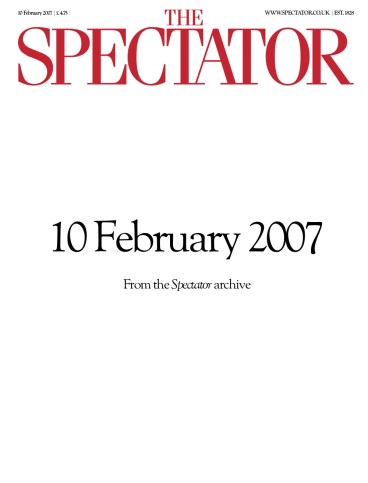Intensity, not force
Charles Richter, born in 1900, was, in the words of his biographer, ‘a nerd among nerds: regarded as peculiar and intensely private even by scientists’ standards. And we’re talking about people who put red-and-white bumper stickers on their cars that read, “If this sticker is blue, you’re driving too fast”.’ The only seismologist most of

